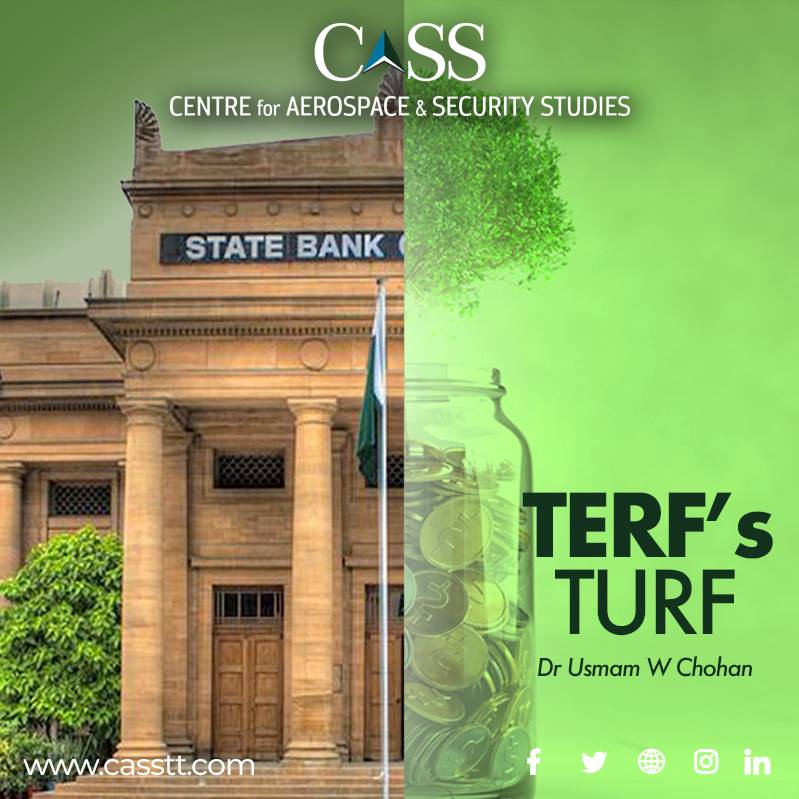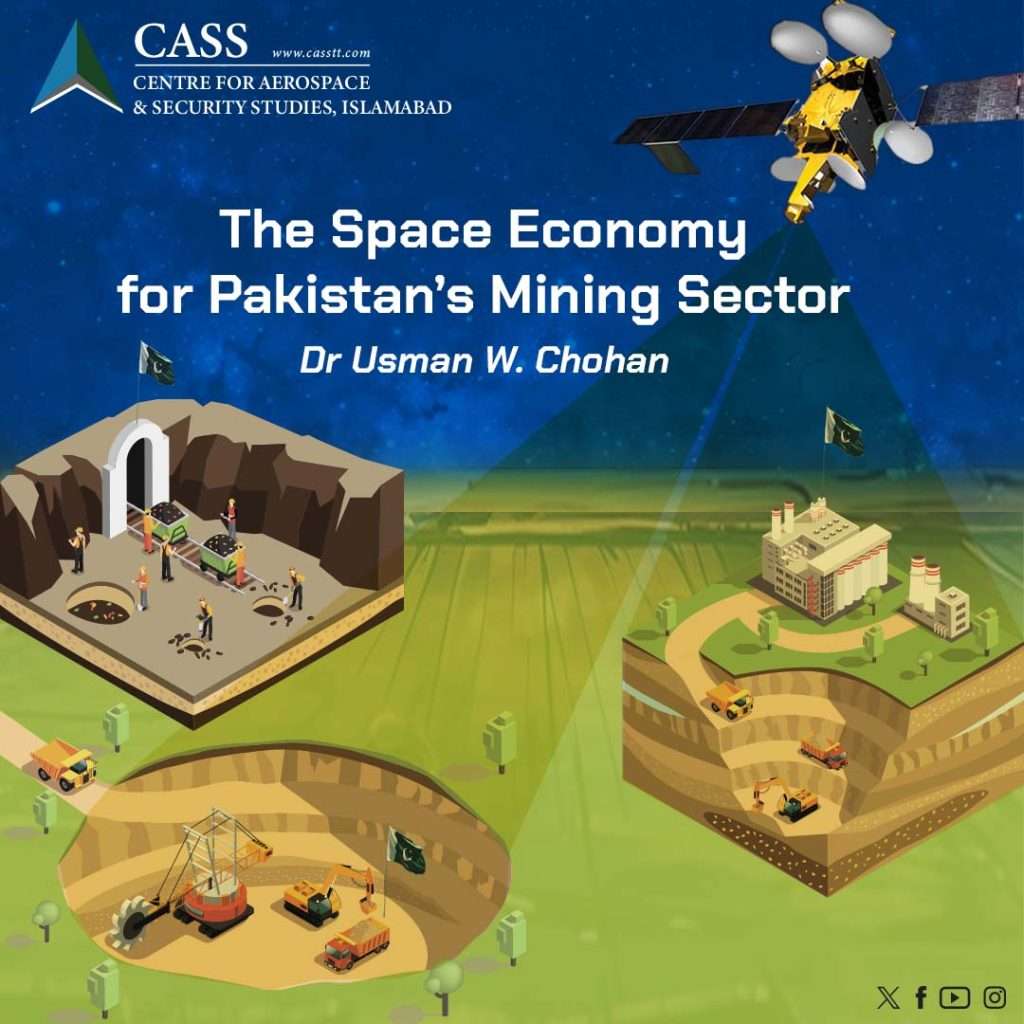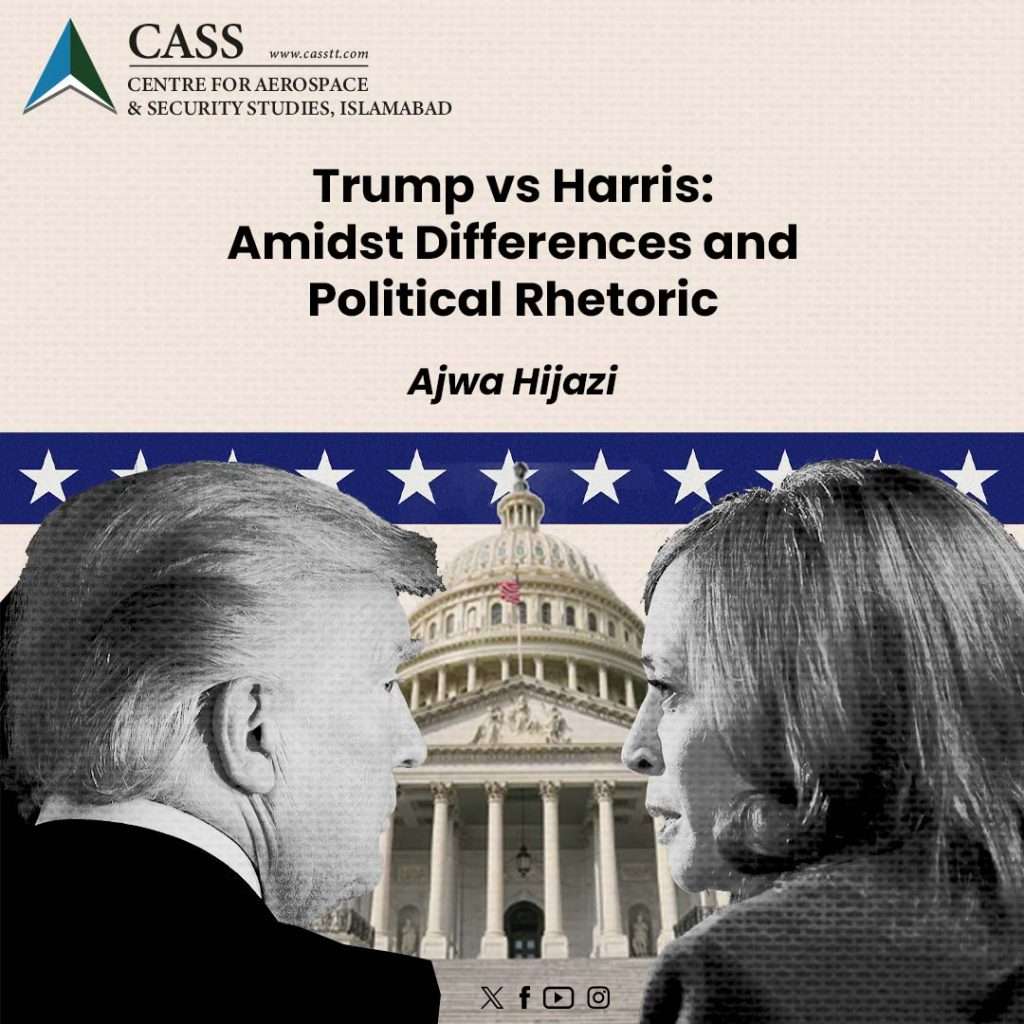Considerable controversy has emerged over the Temporary Economic Refinance Facility (TERF), a pandemic-era stimulus program that was launched under the auspices of the State Bank of Pakistan (SBP) as a concessionary financing facility for capital investment. Under the TERF program, companies could apply through banks for concessional-rate financing for investment expansion or BMR (Balancing, Modernization, and Replacement) programs. The controversy is in the allegation that TERF funds were used selectively with political preferences, given to vested interests and in a manner that would not reflect a “merit-based” approach to credit access.
I have studied and written about pandemic-era stimulus programs in considerable detail and I recognize that in many countries, notably the United States, there was an enormous amount of corruption. The extent of American corruption during Covid-19 is so staggering that it has been termed the “great grift” and the “greatest fraud in a generation,” and this includes both corporations and downright criminals. Should Pakistan’s TERF be seen in the same way?
In my study of Pakistan’s Covid-19 response, as part of a larger corpus of Covid-19 related research at CASS, I have argued that the economic stimulus provided by the government during the pandemic, whether through TERF or otherwise, was an exceptionally important element in the robust policy mix that the country undertook towards weathering the storm of Covid-19. Taken together with other important policy instruments on the public health side, the economic stimulus was a powerful counter-cyclical strategy that helped to keep the most cyclical sectors (textiles, construction, etc.) afloat, and for them to undertake capex at a low rate in anticipation of a global rebound.
This is precisely what the TERF-qualifying companies did, building up or modernizing their equipment in anticipation of the strong (albeit uneven) bounceback of the global economy after the pandemic. Did it work? Sadly, the political instability and global monetary contraction significantly disrupted the anticipated plans of many of the companies envisaging a post-pandemic rebound, and Pakistan has significantly missed the boat, with many industries in fact shuttering their doors under the weight of the polycrisis that has included energy issues, political problems, rampant inflation, and policy mismanagement.
This does not mean that the intentions were bad or that the thinking was wrong. If anything, other actors have much more to answer for the current economic crisis than either the SBP, the commercial banks, or the industrialists do. Insofar as the accusation of preferential treatment in TERF goes, there appears to be little indication that any other selection process would have been both more fair and efficient. Recall that, in those bygone days of the pandemic, uncertainty was terrifying and the future was very difficult to see.
But would anyone else have been more qualified than the recipients who did get TERF financing? The decisions to lend were in the hands of the private banks, not the SBP, and large banks tend to lend to precisely those entities to whom they lent the TERF financing. Therefore, raising the counterfactual of who might have received TERF financing instead seems very silly at this juncture. It would appear that the entities that received financing did use it for BMR and capex investment, and their anticipation for global economic bounce-bank was correct, but tragically sabotaged by the demolition of the Pakistani economy. The countries that actually had major problems with stimulus funds, the worst being the US, have much more to answer to their publics for those stress-era misappropriations.
For Pakistan, the pandemic should be seen as a hallmark of what a country with so many challenges could succeed in achieving when the people and the leadership were of one mind. The pandemic was an equal-opportunity catastrophe for all countries, and the fact that Pakistan had stellar outcomes should be a reminder, particularly during the present difficulties, that the country’s potential to overcome challenges is very impressive. Both in terms of public health and economic outcomes, the effort is one that should not be forgotten.
Dr. Usman W. Chohan is Advisor (Economic Affairs and National Development) at the Centre for Aerospace & Security Studies, Islamabad, Pakistan. He can be reached at cass.thinkers@casstt.com.





